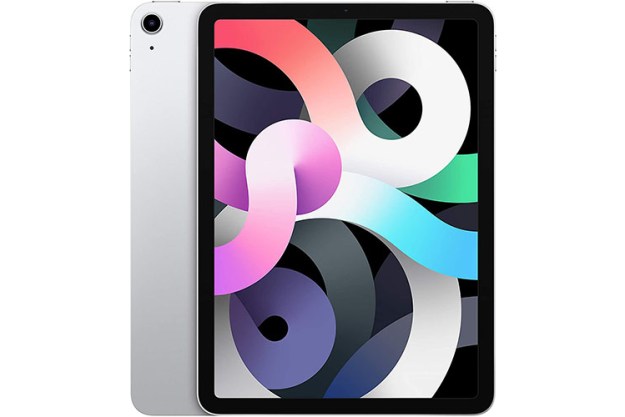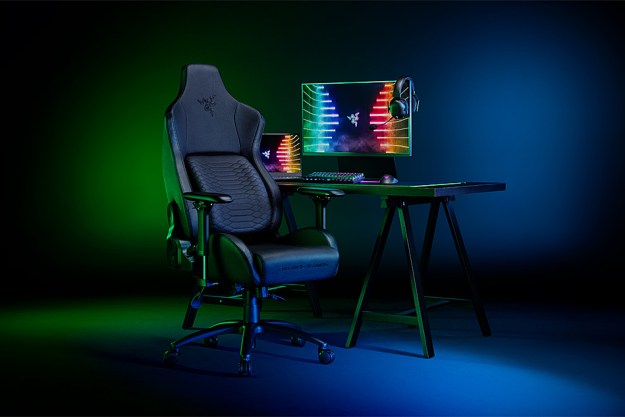Updated 07/01/2015 2:51pm: We’ve added a hand’s on video, check it out!
Who makes the lightest laptop of them all? Apple? Dell? HP? Nope! The answer is Lenovo. The company has just released the details of its LaVie Z ultrabooks, the result of collaboration between Lenovo and Japanese electronics manufacturer NEC.
Two versions are available; the HZ550 and the HZ750. The former is an ultrabook only but the latter includes a 360-degree hinge similar to that on the Yoga series, making it a 2-in-1 device. Both are the lightest ever introduced in their respective classes, with the HZ550 coming in at 1.72 pounds and the HZ750 at 2.04 pounds. The systems are slim, too, measuring just 16.9 millimeters thick.
You might worry that such tiny, featherweight systems will be fragile, but Lenovo says it has tackled that problem with a unique magnesium-lithium chassis. The company says this material is 50 percent lighter than aluminum, but just as strong.

Performance looks solid, as well. Both notebooks have 5th-generation Intel Core processors, and the HZ750 can equip up to a Core i7 dual-core. Both models have a 128GB solid-state drive, Yamaha speakers, 802.11ac WiFi, Bluetooth 4.0, and a 13-inch 2560 x 1440, anti-glare display. The HZ550 comes with four gigabytes of RAM, while the HZ750 can be upgraded to eight gigabytes.
Both will hit the United States in May 2015. The HZ550 will start at $1,299 while the HZ750 will be priced at $1,499. Lenovo says the systems will also be available in Japan sometime this spring.


